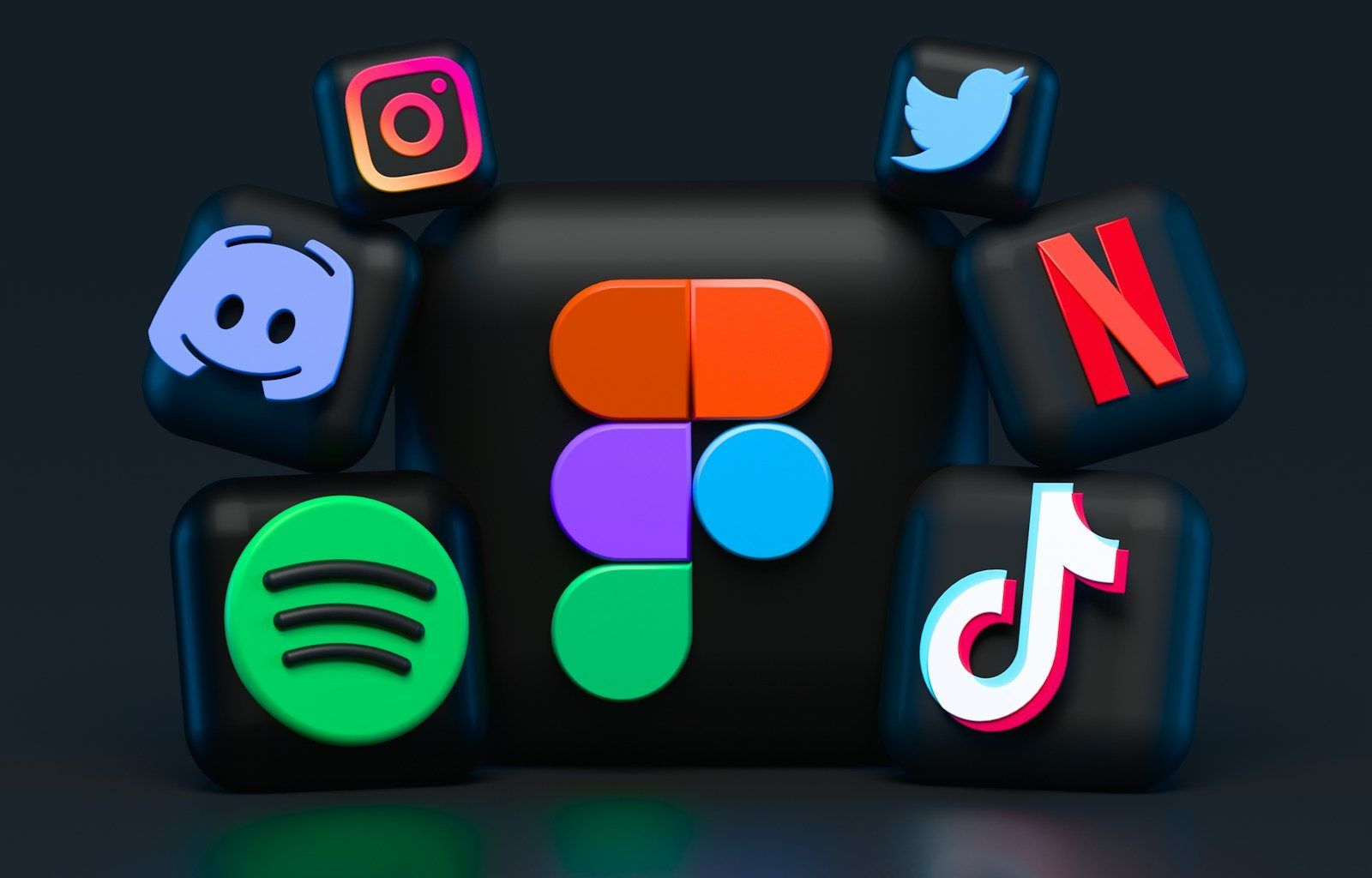Spotify has become a massive player in the music industry over the years. With millions of tracks and billions of streams, it’s no wonder people often wonder: does Spotify sign artists? Let’s dive deep into this topic and uncover the truth behind Spotify’s role in the careers of artists and whether it acts like a traditional record label.
Understanding Spotify’s Role in the Music Industry
To answer whether Spotify signs artists, it’s crucial to first understand what Spotify does. Spotify is primarily a streaming platform. It provides access to millions of songs, podcasts, and other audio content. But it doesn’t operate like a traditional record label. Instead, Spotify serves as a bridge between artists and listeners.
Unlike record labels, which often scout and sign artists to develop and market their music, Spotify’s main job is to distribute music that artists and record labels upload to its platform. Think of it as a library of music where listeners can explore and discover new artists.
How Artists Get Their Music on Spotify
While Spotify itself doesn’t typically sign artists, it plays a significant role in getting music out to the masses. Independent artists or those signed to labels can distribute their music on Spotify through third-party services known as distributors. Companies like DistroKid, TuneCore, and CD Baby help artists upload their tracks to platforms like Spotify.
This process allows both signed and unsigned artists to showcase their work to millions of potential fans. But does this mean Spotify plays no role in an artist’s career? Not exactly.
Spotify’s Direct Relationships with Artists
Over the years, Spotify has started building closer relationships with artists. Although it doesn’t sign artists in the traditional sense, Spotify does provide tools and opportunities that help artists succeed. For example:
- Spotify for Artists: This platform gives artists insights into how their music is performing, who’s listening, and where their fans are located. These analytics can be invaluable for independent artists looking to grow their audience.
- Playlist Placements: Getting featured on a popular Spotify playlist can catapult an artist to fame. While Spotify doesn’t sign artists, its curators play a significant role in promoting music.
- Exclusive Deals: Occasionally, Spotify offers exclusive deals or partnerships with artists, especially for podcasts or special content. However, these are not the same as signing an artist in the way a record label would.
Spotify’s Experiment with Licensing
A few years ago, Spotify experimented with licensing agreements that allowed it to work directly with artists. These deals weren’t about signing artists but rather creating a middle ground where Spotify could act as a pseudo-label without fully taking on the responsibilities of one. The idea was to give artists more control and higher revenue shares.
However, this move sparked debates in the music industry. Critics argued that Spotify was stepping into the territory of record labels, potentially disrupting traditional models. While this initiative has been scaled back, it showed Spotify’s interest in exploring new ways to support artists.
Why Spotify Doesn’t Sign Artists Like Record Labels
There are a few reasons why Spotify doesn’t function as a record label:
- Business Model: Spotify’s core business revolves around streaming, not producing or marketing music. Signing artists would require a shift in focus and resources.
- Conflict of Interest: If Spotify signed artists, it might prioritize those artists over others, leading to accusations of bias.
- Partnerships with Labels: Spotify relies on major record labels for a significant portion of its music library. Signing artists could strain these relationships.
How Spotify Empowers Independent Artists
Even though Spotify doesn’t sign artists, it’s a powerful tool for independent musicians. With features like algorithmic playlists, Spotify’s algorithms can help unsigned artists reach listeners who might love their music. Artists like Billie Eilish and Chance the Rapper initially gained massive followings through platforms like Spotify.
Additionally, Spotify’s focus on data provides artists with actionable insights. For example, an artist can see which cities stream their music the most and plan tours accordingly. These tools give artists a level of control that was once only available through traditional record labels.
The Future of Spotify and Artist Relationships
As the music industry continues to evolve, Spotify’s role might change. While it hasn’t fully stepped into the role of signing artists, it’s clear that Spotify wants to support musicians in new and innovative ways. From offering more personalized tools to experimenting with exclusive content, the platform is constantly finding ways to strengthen its ties with artists.
Will Spotify ever start signing artists directly? That remains to be seen. For now, it’s safe to say that Spotify’s focus is on streaming and empowering artists rather than acting as a record label.
Conclusion
So, does Spotify sign artists? Not in the traditional sense. While it doesn’t operate like a record label, Spotify offers tools, insights, and opportunities that help artists grow their careers. For independent musicians, Spotify can be a game-changer, providing a platform to share their music with the world.
As the music industry continues to shift, platforms like Spotify are redefining how artists connect with fans. Whether you’re an artist or a music lover, it’s exciting to see how Spotify’s role in the industry evolves over time.
For further reading, explore these related articles:
- World Singer Ranking: The Best Voices in the World Right Now
- VCHA K-Pop Group: A New Star is Shining Bright in the K-Pop Sky
For additional resources on music marketing and distribution, visit DMT Records Pvt. Ltd..






